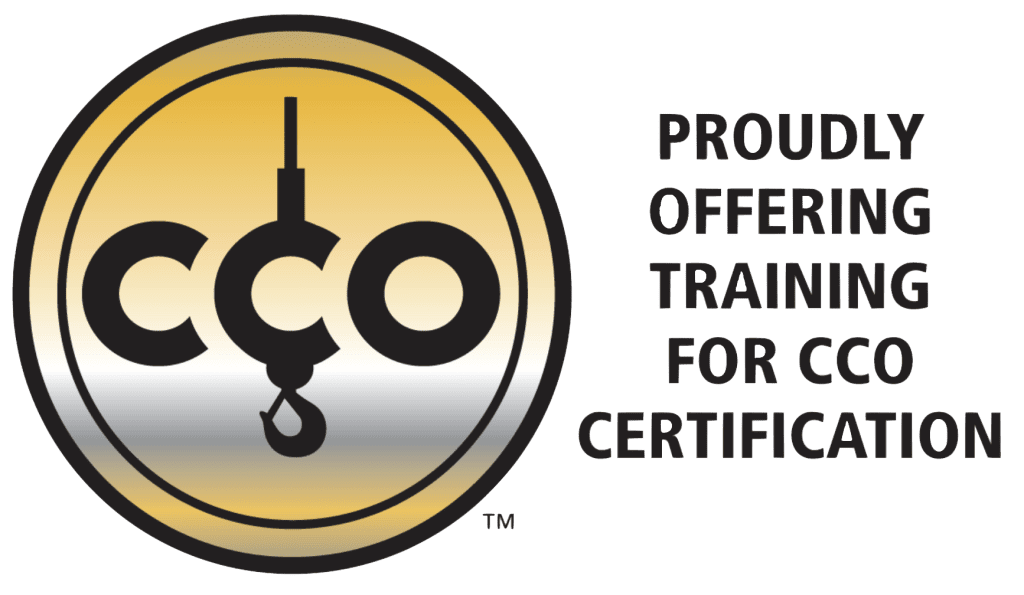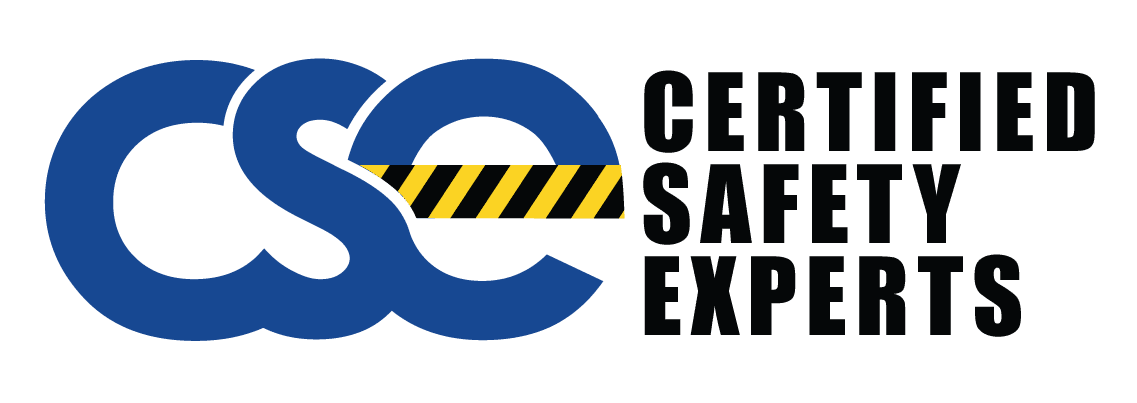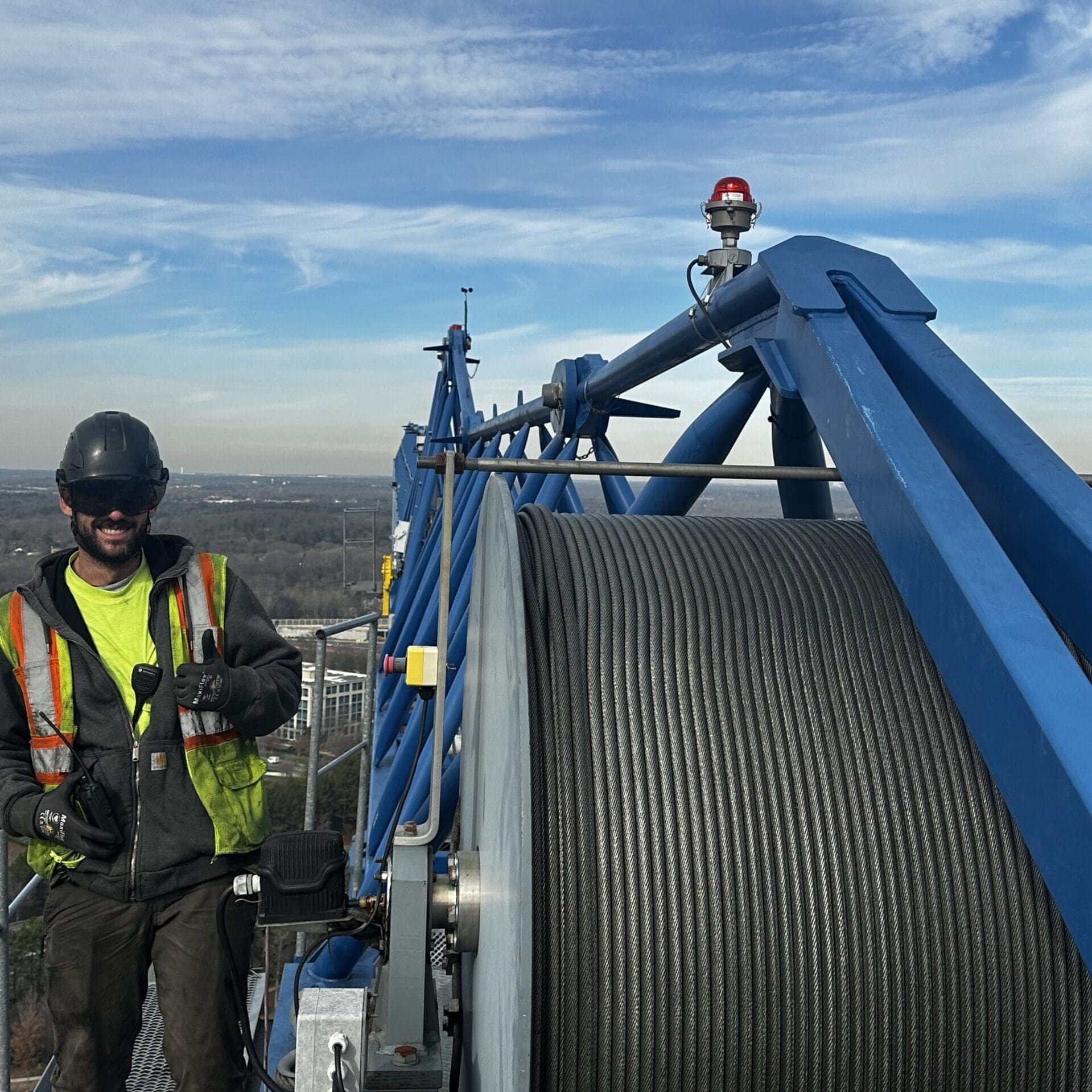Becoming a certified crane operator is an exciting career path that offers both rewarding work and excellent job stability. However, one of the most common questions for those considering this field is: How long does it take to complete crane operator training?
The answer depends on several factors, including the type of crane you wish to operate, the certification you’re pursuing, and your prior experience.
In this blog, we’ll break down the timeline and key milestones of crane operator training, helping you set realistic expectations and plan your path forward.
What Does Crane Operator Training Involve?
Crane operator training is designed to equip individuals with the technical knowledge and hands-on skills necessary to safely operate cranes in various environments.
- Classroom Instruction: Covering topics such as crane mechanics, load charts, and OSHA safety regulations.
- Practical Training: Hands-on experience with different types of cranes under the supervision of qualified instructors.
- Certification Exams: A combination of written and practical tests to demonstrate your competency.
Each of these stages plays a crucial role in ensuring that operators are well-prepared for the demands of the job.
Step 1: Choosing the Right Crane Certification
The first step in determining how long your training will take is identifying the type of certification you need. The most recognized certification body in the U.S. is the Certified Safety Experts, which offers certifications for a variety of crane types, including:
- Mobile Cranes (telescopic or lattice boom)
- Tower Cranes
- Overhead Cranes
- Articulating Cranes (also known as knuckle-boom cranes)
Each certification type has its own set of requirements, and the timeline can vary depending on the crane type you’re focusing on. For example, learning to operate a mobile crane may take less time than mastering a tower crane due to the complexity involved.
Step 2: Enrolling in a Crane Training Program
Most crane operator training programs are designed to be completed within a few weeks to a few months. The duration depends on whether you enroll in a full-time, part-time, or self-paced program.
- Full-Time Training: Intensive programs typically take 3 to 8 weeks to complete. These programs are ideal for individuals who can dedicate themselves entirely to training during this period.
- Part-Time Training: For those who need to balance training with work or other responsibilities, part-time courses may extend the timeline to 2 to 6 months.
- Self-Paced Training: If you’re learning independently or online, the timeline will depend on how much time you can dedicate to studying and practicing. This approach can take anywhere from a few weeks to several months.
Step 3: Gaining Hands-On Experience
While classroom learning is essential, hands-on experience is where you’ll truly hone your skills. Most training programs include practical sessions that allow you to operate different types of cranes in a controlled environment.
- Familiarize you with crane controls and mechanics
- Teach you to interpret load charts and understand weight limits
- Provide practice with real-world scenarios, such as moving heavy loads or navigating tight spaces
Hands-on training typically lasts 1 to 4 weeks, depending on the program’s intensity and the crane types covered.
Step 4: Preparing for the Certification Exams
Once you’ve completed your training, the next step is to take the certification exams. The NCCCO certification process involves two key components:
- Written Exam: This test covers safety regulations, load charts, and general crane operations. Preparation for the written exam usually requires 1 to 2 weeks of focused study, although this can vary based on your familiarity with the material.
- Practical Exam: This hands-on test evaluates your ability to safely and effectively operate a crane. Depending on your confidence level and the complexity of the crane, preparing for the practical exam can take an additional 1 to 2 weeks.
Most candidates can complete both exams in a single day, but some prefer to schedule them separately, which may slightly extend the overall timeline.
Factors That Can Influence Your Timeline
The total time required for crane operator training can vary based on several factors:
- Your Prior Experience: If you have previous experience operating machinery or working in construction, you may find the training process quicker and easier to navigate.
- Type of Crane: Some cranes, like mobile cranes, are simpler to operate, while others, like tower cranes, require more extensive training.
- Availability of Training Programs: Depending on where you live, the availability of training programs and testing facilities may affect how quickly you can complete the process.
- Personal Schedule: Balancing training with work or personal commitments can extend your timeline if you’re unable to commit to full-time instruction.
Typical Timeline for Crane Operator Training
Here’s a rough breakdown of the typical timeline for completing crane operator training and certification:
- Research and Enrollment: 1 to 2 weeks
- Classroom and Hands-On Training: 3 to 8 weeks (full-time) or 2 to 6 months (part-time)
- Exam Preparation: 2 to 4 weeks
- Certification Exams: 1 day to 1 week (depending on scheduling)
In total, you can expect the process to take anywhere from 6 weeks to 6 months, depending on the factors outlined above.
Accelerating Your Training Timeline
If you’re eager to complete your training as quickly as possible, here are some tips to speed up the process:
- Choose an Intensive Program: Look for training providers that offer accelerated full-time courses.
- Study Ahead of Time: Familiarize yourself with crane operation basics and OSHA regulations before starting your training.
- Practice Regularly: The more time you spend practicing, the quicker you’ll develop the skills needed to pass your exams.
- Schedule Exams Early: Book your certification exams as soon as you feel confident, as testing dates can fill up quickly.
Is Crane Operator Training Worth the Time?
Absolutely. While the training process requires a time commitment, the rewards are well worth it. Certified crane operators are in high demand across construction, shipping, and industrial sectors, offering competitive salaries and excellent job security.
Moreover, the skills you gain during training will serve as the foundation for a long and successful career.
Final Thoughts
Crane operator training is an investment in your future, and the time it takes to complete the process depends largely on your goals and circumstances. Whether you’re looking to start a new career or expand your existing skill set, understanding the training timeline can help you plan effectively and set yourself up for success. With dedication, the right training program, and a proactive approach, you can achieve certification and take the first step toward an exciting career as a crane operator.
Ready to start your journey? Contact Certified Safety Experts today to learn more about our comprehensive training programs and how we can help you achieve your goals. The sooner you start, the closer you’ll be to operating cranes with confidence and skill!




